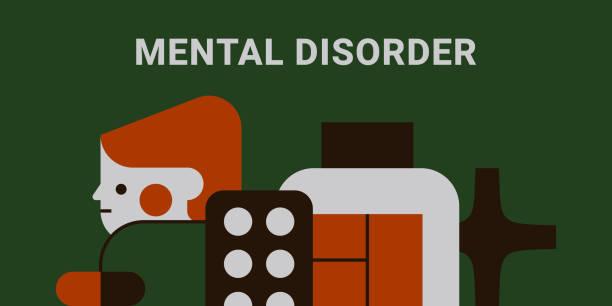Focused
Therapy (SFT)
Solution-Focused Brief Therapy (SFBT) is a goal-oriented, collaborative approach that emphasizes identifying and imagining present and future problems. Rather than focusing on past experiences, this therapy explores systematic ways to overcome current challenges. SFBT defines issues and seeks objectives that may lead to solutions, aiming to harness pragmatic solutions that patients can practice in their daily lives.
WE’RE ACCEPTING NEW PATIENTS: IN-PERSON & VIRTUAL APPTS
Request a Call Back
We are here to help
Individuals may already possess skills relevant to their situations, and SFBT helps them identify and further develop these skills. Practitioners support clients as they experiment with new problem-solving methods by asking carefully worded questions. Sessions at the Quest Wellness Center will involve envisioning future scenarios where problems are absent because learned skills and past experiences have been utilized effectively. SFBT aims to help clients become more mindful, present, confident, and motivated as they navigate future challenges in life. This therapeutic approach can address a wide range of obstacles.
Solution-Based Therapy: A Goal-Oriented Approach** Solution-Focused Brief Therapy (SFBT) is a future-oriented, goal-directed method for addressing human living problems. Developed as a response to traditional psychotherapy, which often places the therapist in the role of an expert, SFBT collaborates with clients who have the best understanding of their circumstances. This partnership allows for the development of pragmatic solutions tailored to the client’s needs, resulting in a respectful and brief therapeutic process with actionable steps that clients can genuinely implement.
History of Solution-Focused Brief Therapy (SFBT)** Developed in the late 1970s and 1980s by a diverse group of clinicians led by Insoo Kim Berg and Steve de Shazer, SFBT has been detailed in various publications. In the 1990s, the approach expanded into schools, prisons, hospitals, residential treatment centers, nursing homes, businesses, and other environments where people interact.
While SFBT is not theory-based, it draws on the early work of the Mental Research Institute of Palo Alto and certain Buddhist concepts. Several foundational tenets guide SFBT and inform its intervention model.
- **Finding Solutions in Exceptions**: SFBT is based on the idea that the key to solving problems often lies in “exceptions”—the times when the problem is not actively affecting the individual. To find lasting solutions, it makes sense to first consider instances when the problem seems to lose its impact. For instance, if a client struggles with severe shyness but finds it easy to communicate with coworkers, a solution-focused therapist would explore these work interactions as exceptions to the client’s usual behavior. Together, they would investigate what makes these interactions successful compared to other situations.
- **If It’s Not Broken, Don’t Fix It**: This fundamental principle of SFBT suggests that intervention is unnecessary if the client has already resolved the issue. It would be illogical to intervene when a problem is already managed, even if clients may not recognize their success.
- **Seeking Exceptions**: Every problem has exceptions when it could have occurred but did not. Identifying these instances provides clues for clients to replicate the successful behaviors until they feel satisfied with their progress. Most clients can recount recent examples of exceptions, even if they lack repeatable solutions.
- **The Importance of Questions**: In SFBT, questions serve as the primary form of communication and intervention. Unlike other therapy models, SFBT rarely employs direct challenges or confrontations. Instead, it relies on thoughtful questioning to guide discussions.
- **Creating and Negotiating the Future**: SFBT’s inquiries typically focus on the present and future. This orientation supports the belief that emphasizing solutions is more empowering and productive than dwelling on past mistakes or traumas.
By centering the therapeutic process around these principles, SFBT enhances clients’ capabilities to create positive change in their lives.
Why People Choose Quest Wellness Center

Mental Health & Addiction

Co-occuring Disorders

Individual Care

Experienced Staff

Morning, Afternoon & Night Track

Case Management

Safe Environment

Supportive Community

Most Insurance
Top-rated mental health & addiction treatment IOP and PHP programs in Los Angeles, California
Mental Health and Addiction Care: Covered by insurance, In-Person Intensive Outpatient Programs (IOP) and Partial Hospitalization Programs (PHP) with Online Options Accessible

Verify Your Insurance
We accept almost all private and commercial insurance plans. Verify your coverage now!
All inquiries are kept confidential.
